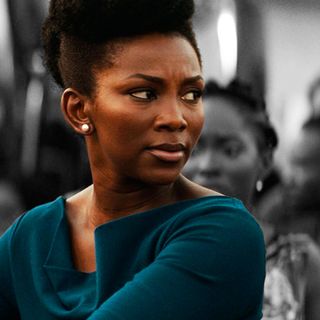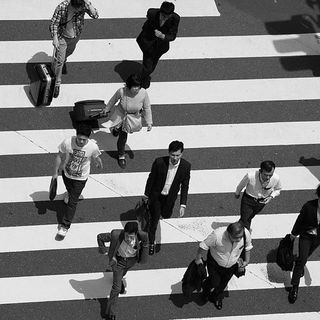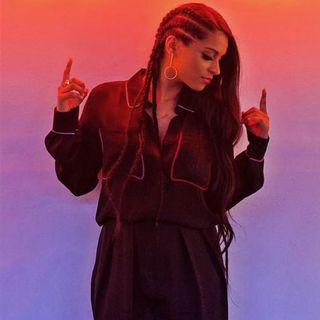One in three female comedians has been sexually harassed on stage, and one in six female comedians has been followed after leaving a gig, according to a compilation of responses from more than 60 female comedians by the Women in Comedy festival held mid-October in Manchester, U.K. The horrific statistics speak volumes about the struggles female comedians must cope with if they intend to make it big.
For example, 85% of the respondents were introduced on stage as ‘female comedians,’ and more than half were introduced with direct comments about their physical appearance. One of the respondents was told that it was “okay to book women who are prettier, slimmer and more youthful as ‘it’s the entertainment industry.'” Another was introduced on stage with “Now, we haven’t got a comedian coming on next, we’ve got a comedienne. But give her a chance …”
“Different audiences behave differently,” comedian Neeti Palta told Youth ki Awaaz regarding perceptions of female comedians in India. “However, given its skewed patriarchal upbringing, the Indian mindset always tends to describe a female doing naughty jokes as ‘bold’ and ‘edgy’ when trying to be complimentary! While the adjectives used for a male comedian will be ‘funny,’ ‘talented,’ ‘cool.’ The amusing part is they don’t even realize they’re discriminating.”
Related on The Swaddle:
#MeToo One Year Later: Where Are All The Accused Men?
Regarding her experience as an openly queer woman in comedy, Vasu Primlani told Indian Women Blog that, “I’ve had some ridiculous responses from comedians in India, from physically hitting on me constantly to another comedian saying, ‘Oh, I thought when you said you were gay, you would sleep with everyone.’ Some comedians make some lovely jokes on me.”
Apart from the above statistics, another survey of more than 300 female comedians revealed that 64% dealt with inappropriate language from fellow comedians and 55% from event promoters. 26% of the respondents in this survey had been molested by fellow comedians and 15% by a promoter or an industry figure. 29% of women had faced physical violence while working, and 75% had been subjected to verbal sexual harassment.
In 2018, actress Meryl O’Rourke wrote a list of measures that event spaces could take up in order to make female comedians feel safer, including booking multiple women in an event so no woman has to travel home alone, covering basic cab charges, introducing female comedians to female staff, and noticing and keeping track of individuals who consistently heckle or have a problem with a female comedian. Her list was prompted by the rape and murder of Australian comedian Eurydice Dixon after she left a show alone at night.
Though female comedians must affect a lack of vulnerability in order to create a good impression upon their audience,this survey, O’Rourke’s list, and Dixon’s death are reminders that women remain vulnerable to the misogyny of male-dominated industries.




